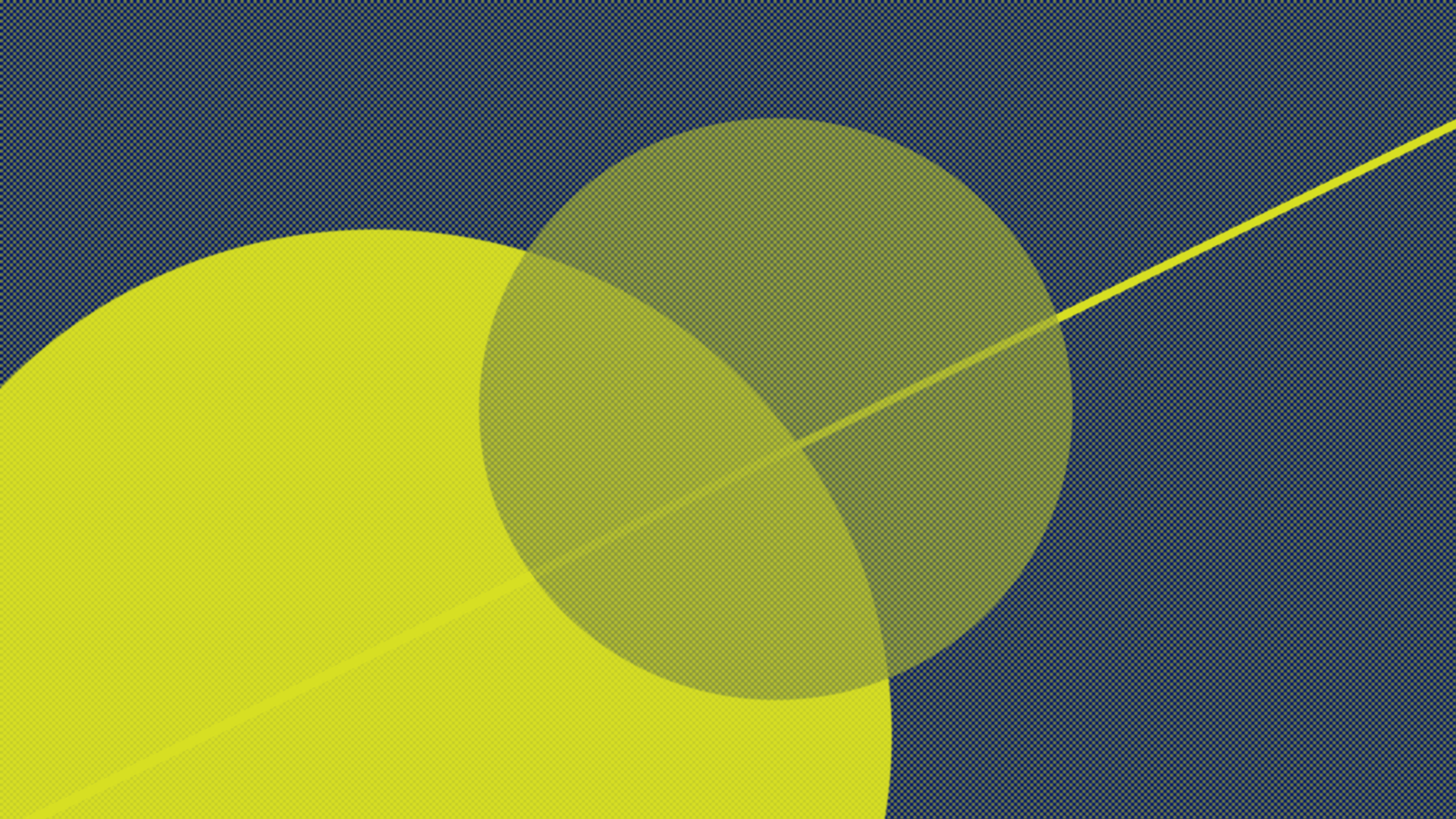Historical Open Access
More and more societies are compiling their ‘classical’ papers. Here is another one. And here I wrote, among else:
“In discussions of Open Access, we always focus on brand new papers and how to make them freely available for readers around the world as well as for people who want to mine and reanalyse the data using robots. But we almost never discuss the need to make the old stuff available. Yet we often lament that nobody reads or cites anything older than five years. Spending several years reading everything published in the field in the 20th century up until about 1995 (as well as some 19th century stuff) helped me greatly in my own research. It would help others, I’m sure, especially those who are now revisiting old questions with new techniques. How are the classical papers going to be made available for today’s students?
SRBR is working on it now, and I assume that this will be done piece-meal, with each society doing their own work on making old literature available. What I saw (not yet available for public) is a development of a ChronoHistory website. Yes, people will send in pictures and anecdotes and old posters and stuff (and I hope once that material is online that SRBR will get a professional historian of science to make sense of it all), but the most important part of the site will be a repository of the old papers. Services of a real science librarian have been secured to deal with everything from copyright to technical problems in order to provide copies of many old papers on the site. Probably some of the papers will be available to everyone for free while others, due to copyright, may be available only to SRBR members with a password.”
I discussed this with Peter Suber and he says that we tend to focus on new literature because it’s the low-hanging fruit. Yet he agrees that ‘OA to past literature is highly desirable and that we should start thinking about ways to make it happen’. He wrote an article describing a *partial* solution to this problem: Unbinding Knowledge: A proposal for providing open access to past research articles, starting with the most important.
Peter says: “Ultimately we need all peer-reviewed journals to digitize their backfiles for OA. Some are already doing it. Some are digitizing their backfiles but charging for access. Some can’t afford to digitize their backfiles at all.”
Google is willing to digitize the backfile of any journal. Peter blogged about it in December 2006, although Google still doesn’t have a web page for the program. The Google deal isn’t very good. But for journals that can’t find any other funds to digitize their backfile, Peter thinks it’s better than nothing. Google does not have a website for this, but see this interview (this August 2007 interview – via):
Representing another effort to reach currently inaccessible content, Google Scholar now has its own digitization program. “It’s a small program,” said Acharya. “We mainly look for journals that would otherwise never get digitized. Under our proposal, we will digitize and host journal articles with the provision that they must be openly reachable in collaboration with publishers, fully downloadable, and fully readable. Once you get out of the U.S. and Western European space into the rest of the world, the opportunities to get and digitize research are very limited. They are often grateful for the help. It gives us the opportunity to get that country’s material or make that scholarly society more visible.”
Peter also said (personal communication): “As far as I know, the Open Content Alliance doesn’t (yet) digitize journals, but I hope it will start. However, when Google digitizes print literature it pays all the costs (and slightly restricts use of the results); but when OCA digitizes print lit, it requires the possessor or a donor to pay the costs (and provides full OA to the results).”
What do you all think? What is your Society doing about this, you favourite Journals?
